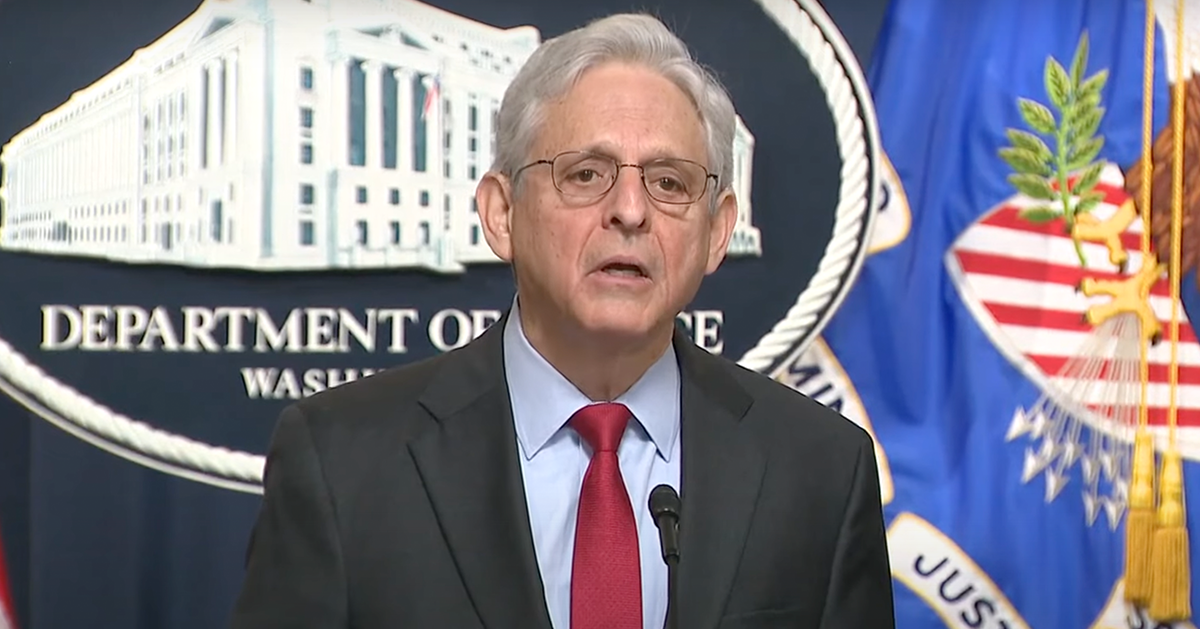Supreme Court To Review South Carolina’s Medicaid Cut For Planned Parenthood
The high court will examine South Carolina's controversial decision regarding Planned Parenthood funding, drawing significant attention from both advocates and critics of reproductive health services.
The Supreme Court's decision to review this case arrives after several lower courts defended federal protections for patient choice in healthcare providers, Newsmax reported.
Initial Steps Toward Terminating Funding
In 2018, South Carolina garnered attention by terminating Medicaid funding for Planned Parenthood, targeting the organization specifically for its association with abortion services. Planned Parenthood, however, maintains that it uses Medicaid funds exclusively for family planning services, except in cases where federal law permits abortion.
Federal law allows Medicaid funding for abortions only under strict conditions: when a woman’s life is endangered or when the pregnancy results from rape or incest. Nevertheless, South Carolina's decision triggered a complex legal battle as Medicaid patients fought for their right to access the healthcare providers of their choice.
Legal Battles and Court Decisions
Following South Carolina’s original decision to cut funds, several lower courts countered the state's actions. These courts highlighted that under federal law, Medicaid recipients have the freedom to choose their healthcare providers, a legal protection that includes Planned Parenthood. These judicial decisions have played a pivotal role in pushing the dispute to the Supreme Court.
In response to the lower courts, South Carolina has continuously argued that its decision aligns with the state's broader legislative stance on abortion, including a law that restricts abortions to around six weeks of pregnancy. The ongoing legal controversy thus highlights a significant clash between state and federal perspectives on healthcare funding and reproductive rights.
Fiscal Impact and Public Opinion
Planned Parenthood has emphasized that it receives less than $100,000 annually from Medicaid in South Carolina, claiming this amount supports essential family planning services for low-income patients. They argue that this funding is crucial for delivering comprehensive healthcare, which includes but is not limited to abortion services.
The debate encompasses not only legal but also financial and ethical dimensions, raising sensitive questions about the allocation of public funds and the broader implications for healthcare access in the state. Public opinion remains sharply divided, with strong voices both supporting and opposing the state’s decision to exclude Planned Parenthood from Medicaid funding.
Federal Legal Standards and State Actions
The core issue before the Supreme Court revolves around the interpretation of federal Medicaid laws versus state-level executive actions. South Carolina Governor Henry McMaster has been vocal about his stance, stating, "Taxpayer dollars should never fund abortion providers like Planned Parenthood. In 2018, I issued an executive order to end this practice in South Carolina. I’m confident the U.S. Supreme Court will agree with me that states shouldn’t be forced to subsidize abortions."
While the Governor's executive order reflects a strong state-led initiative against Planned Parenthood's funding, its alignment with federal Medicaid rules on patient rights and healthcare provider selection remains under scrutiny. The forthcoming Supreme Court review will thus be an essential determinant of not just state but national policies impacting reproductive healthcare providers like Planned Parenthood.
Anticipating the Supreme Court Review
The anticipation around the Supreme Court’s review is significant due to the possible implications that the decision might have on both the national and state policies regarding healthcare funding and reproductive rights. Legal experts suggest that the outcome could set precedents that might affect not only South Carolina but also how other states fund and regulate healthcare providers associated with abortion services.
As this legal battle progresses to the highest court, stakeholders from across political and social spectrums continue to monitor developments closely, understanding that the consequences may redefine the landscape of reproductive health services in America. The case not only encapsulates a pivotal moment for those directly involved but also for many Americans concerned about the nuances of healthcare rights and state autonomy.






